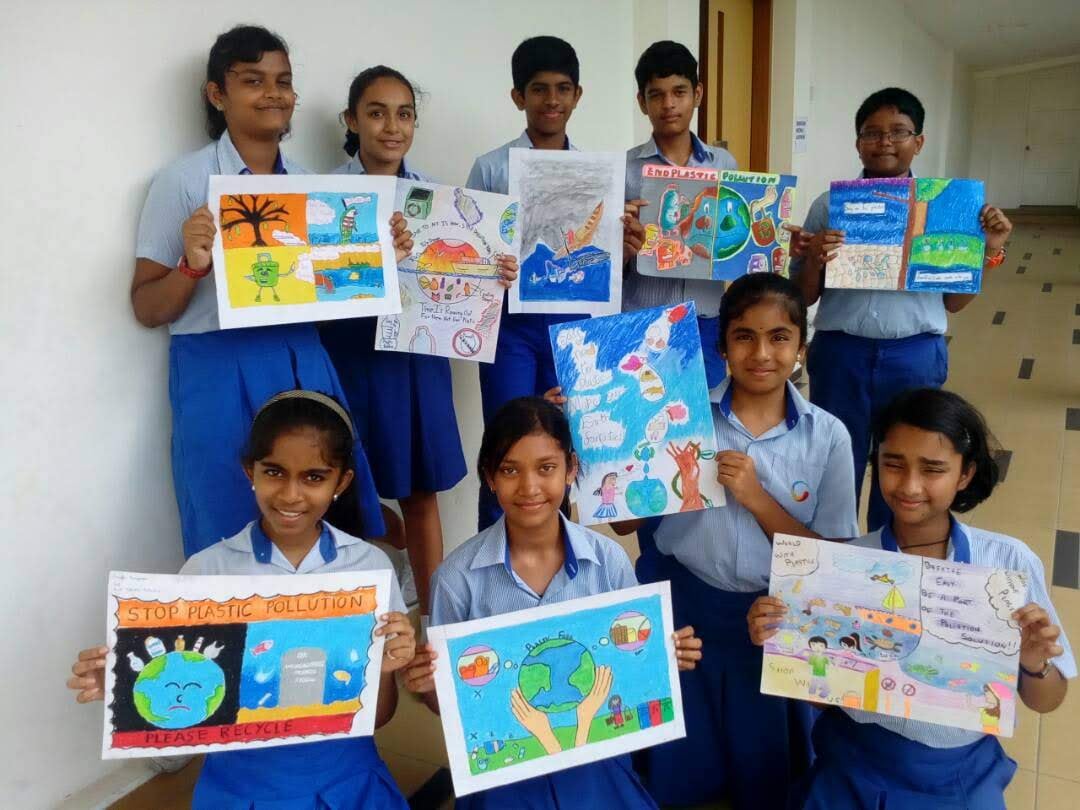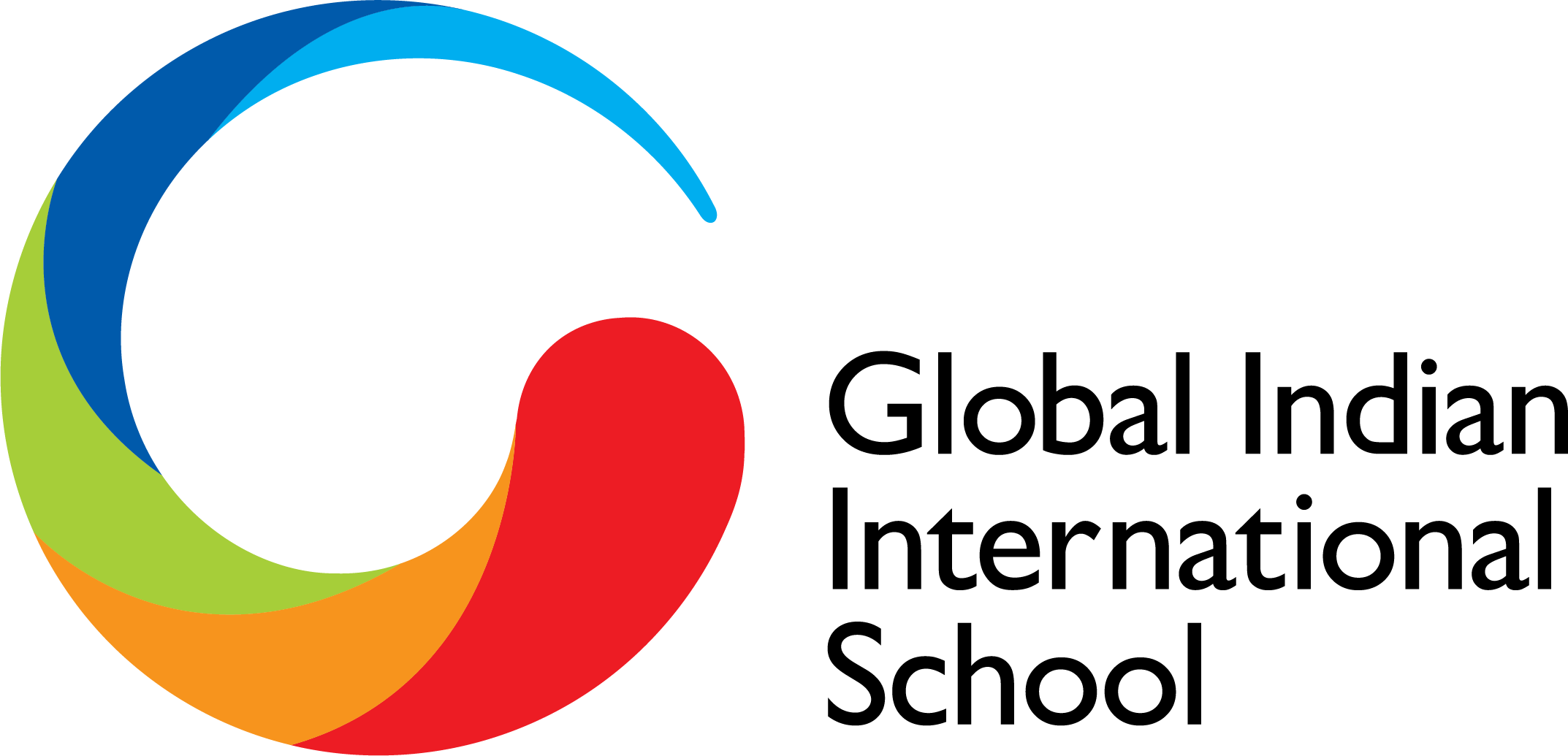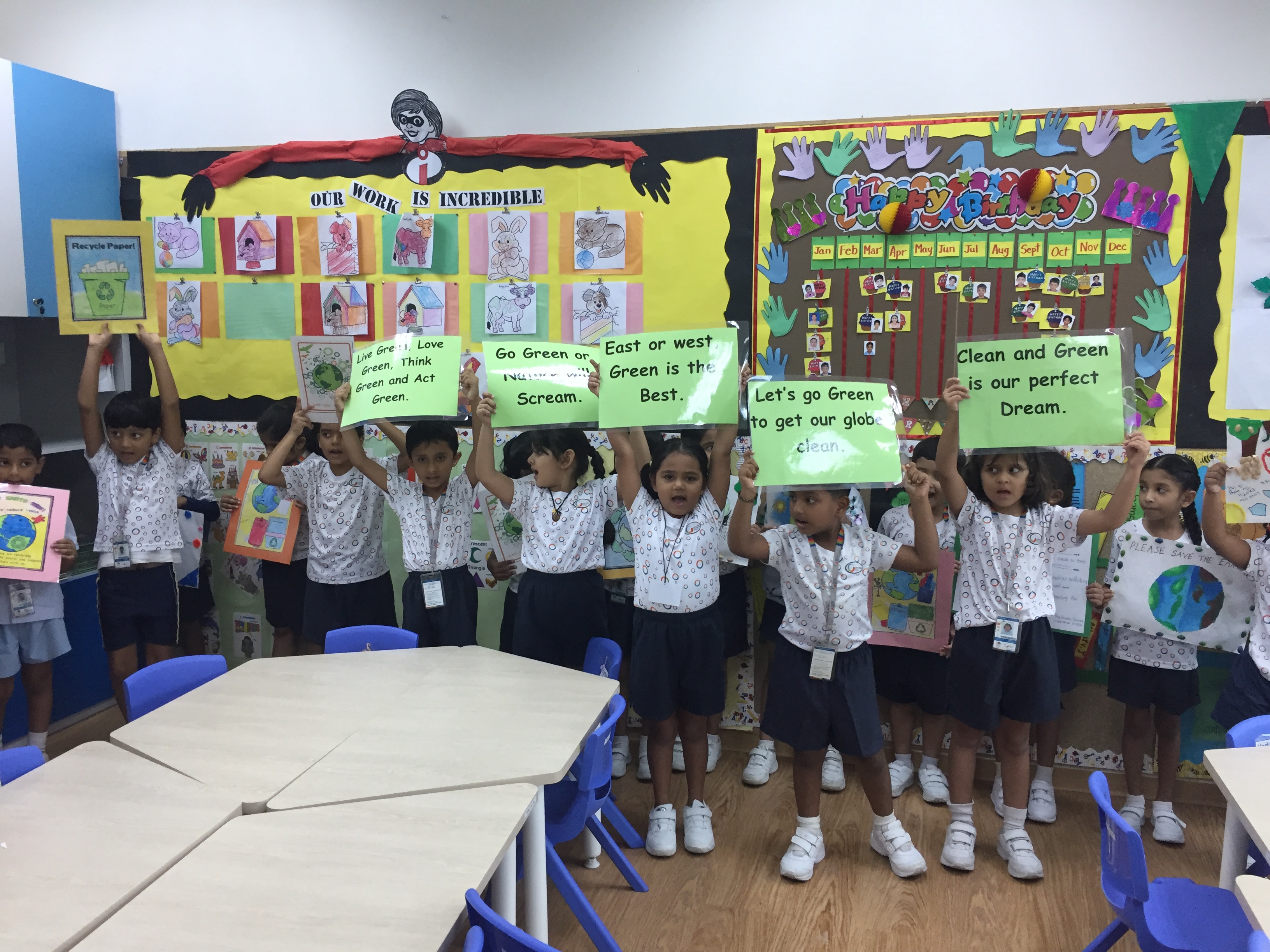We often hear the call to “give back” in society. But why is it so important to heed this call? As it turns out, community service does more than help recipients; it also benefits givers as well.
Even at very young ages, children can start making a difference in the lives of others and in doing so more fully embrace their roles as ongoing contributors to society. And while families obviously play a huge role in helping to create engaged citizens, at GIIS we believe that schools can offer beautiful partnership in instilling in youth a fundamental understanding of the value of community service.
Giving Back and Getting Back
 Community service brings people together in a collective problem solving effort aimed at supporting the greater good. Its impact can be particularly rewarding as the outcomes are uniquely tangible because they play out in students’ own backyards. From volunteering at a local school to picking up trash on the side of the road, students can see and feel the fruits of their labour. This is both satisfying and self-sustaining.
Community service brings people together in a collective problem solving effort aimed at supporting the greater good. Its impact can be particularly rewarding as the outcomes are uniquely tangible because they play out in students’ own backyards. From volunteering at a local school to picking up trash on the side of the road, students can see and feel the fruits of their labour. This is both satisfying and self-sustaining.
It’s also infectious, according to research from the University of California and Harvard University published in the Proceedings of the National Academy of Sciences revealing that “Cooperative behaviour is contagious and it spreads from person to person to person….When people benefit from kindness they ‘pay it forward’ by helping others who were not originally involved, and this creates a cascade of cooperation that influences dozens more in a social network."
But in participating in community service, young people stand to get back even more than they give. According to a report on volunteering from Child Trends Data Bank, “Volunteering in adolescence is associated with positive outcomes during the teen years as well as in adulthood. Teens who volunteer are more likely to have positive academic, psychological, and occupational well-being. Adolescents who are involved in community service or who volunteer in political activities are more likely as adults to have a strong work ethic, to volunteer, and to vote. Volunteering is also associated with the development of greater respect for others, leadership skills, and an understanding of citizenship that can carry over into adulthood. According to at least one study, the benefits of volunteering in adolescence may even reduce their risk factors for cardiovascular disease.”
GIIS and Community Service
Community service also nurtures in students the invaluable life skills of empathy, humility, and groundedness. According to researchers, this not only makes them kinder people, but better learners. Community service is so important at GIIS that it’s one of our 9 GEMS. This innovative and dynamic framework of holistic learning is designed to meet the changing needs of growing children and their evolving personalities. The age-appropriate manner in which various concepts are introduced in this model optimises relevant and balanced learning. While academic excellence is at the heart of this internationally recognised, award-winning model, there’s an equal focus on other critical aspects of development, including universal values, ethics, discipline, creativity and personality development.
So where does giving back fit into the equation? It’s at the forefront of 2 of our 9 GEMS- “Universal Values and Ethics,” and “Community and Care,” respectively.
Through these two interlinking initiatives, we set out to help students learn to view giving back as a way of life instead of as an obligation or duty. Assuming responsibility for their actions, stepping into leadership roles, and innovative thinking toward critical problem solving are all results which come from helping kids learn to care for themselves and others while evolving toward active citizenship.
“Universal Values and Ethics” aims at cultivating more than good leaders, but truly good human beings. Our multi-campus Mahatma Gandhi Centre for Universal Values is an integral part of our efforts in this area. This well-structured, integrative approach exposes students to the teachings of Mahatma Gandhi who said, “The best way to find yourself is to lose yourself in the service of others.” These teachings promote community welfare, the practice of kindness, mutual cultural respect, and the need for peace.
Meanwhile, “Community and Care,” gives students the chance to apply the learnings of Universal Values & Ethics in their own communities through a number of different activities and initiatives across a breadth and depth of measures, including the environment, local culture, and working with the underprivileged. Students are urged to undertake various activities and projects -- both within the school and the community at large -- as part of their journeys to becoming socially responsible citizens.
We at GIIS are delighted to encourage our students to pursue the many different ways of giving back. Participating in reach-out programs with local public schools, visiting senior citizens homes, celebrating racial harmony, and cleaning up the environment are just some types of community service our students can be found doing.
In teaching our students to reach out, we also help them integrate into their local school communities, thereby further helping to raise their awareness about community, environment, and the pivotal roles students can play in supporting both.
Anyone at any age can benefit from participating in community service, and yet not all students are exposed to this vital pursuit. At GIIS, it’s not only something we talk about every now and then; it’s part of everything we do. Because this is an underlying theme throughout the GIIS experience, students don’t just serve the greater good by becoming more compassionate, responsible and innovative, but they also position themselves to become the ethical leaders the future needs.



